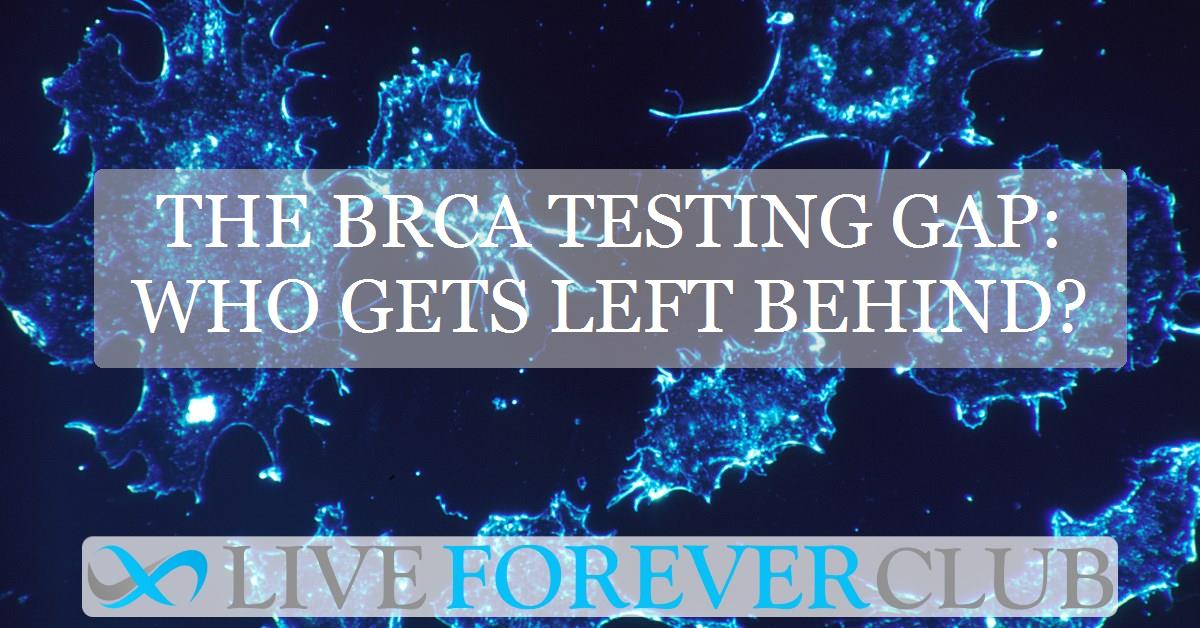Key points from article :
Mary-Claire King, an evolutionary geneticist at the University of Washington, played a key role in uncovering the genetic basis of hereditary breast cancer. In the 1970s, before modern genetic tools existed, she spent 17 years identifying the BRCA1 gene, which significantly increases the risk of breast, ovarian, prostate, and pancreatic cancers when mutated. Her discovery led to genetic testing and targeted treatments, but access to these tests remains a major issue.
In 1994, researchers at Myriad Genetics, a precision-medicine company in Utah, sequenced BRCA1 and patented it, effectively monopolizing testing and keeping costs high. A landmark 2013 U.S. Supreme Court ruling invalidated gene patents, causing test prices to drop dramatically. However, despite evidence that widespread BRCA testing could be cost-effective, testing remains limited due to healthcare access barriers, physician awareness gaps, and conflicting screening guidelines.
Even those eligible for testing often do not receive it, and test results can be complex and difficult for patients and doctors to interpret. Additionally, cancer prevention options for BRCA mutation carriers remain largely unchanged, with risk-reducing surgery still being the primary strategy. Experts like Susan Domchek from the University of Pennsylvania stress the urgent need for better early detection tools, improved treatment strategies, and more accessible genetic testing. Addressing these gaps could make BRCA1 testing a model for genetic cancer screening, ultimately saving more lives.









